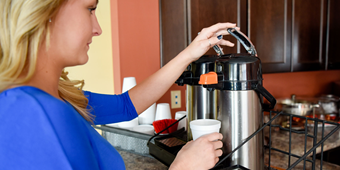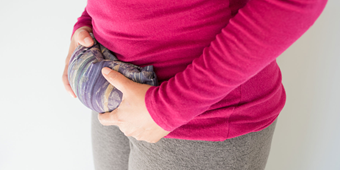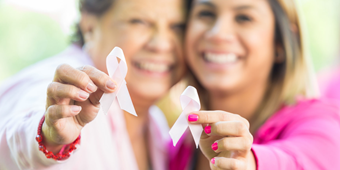‘Nobody Has to Pee as Often as Me’Treating Interstitial Cystitis: Lifestyle Changes
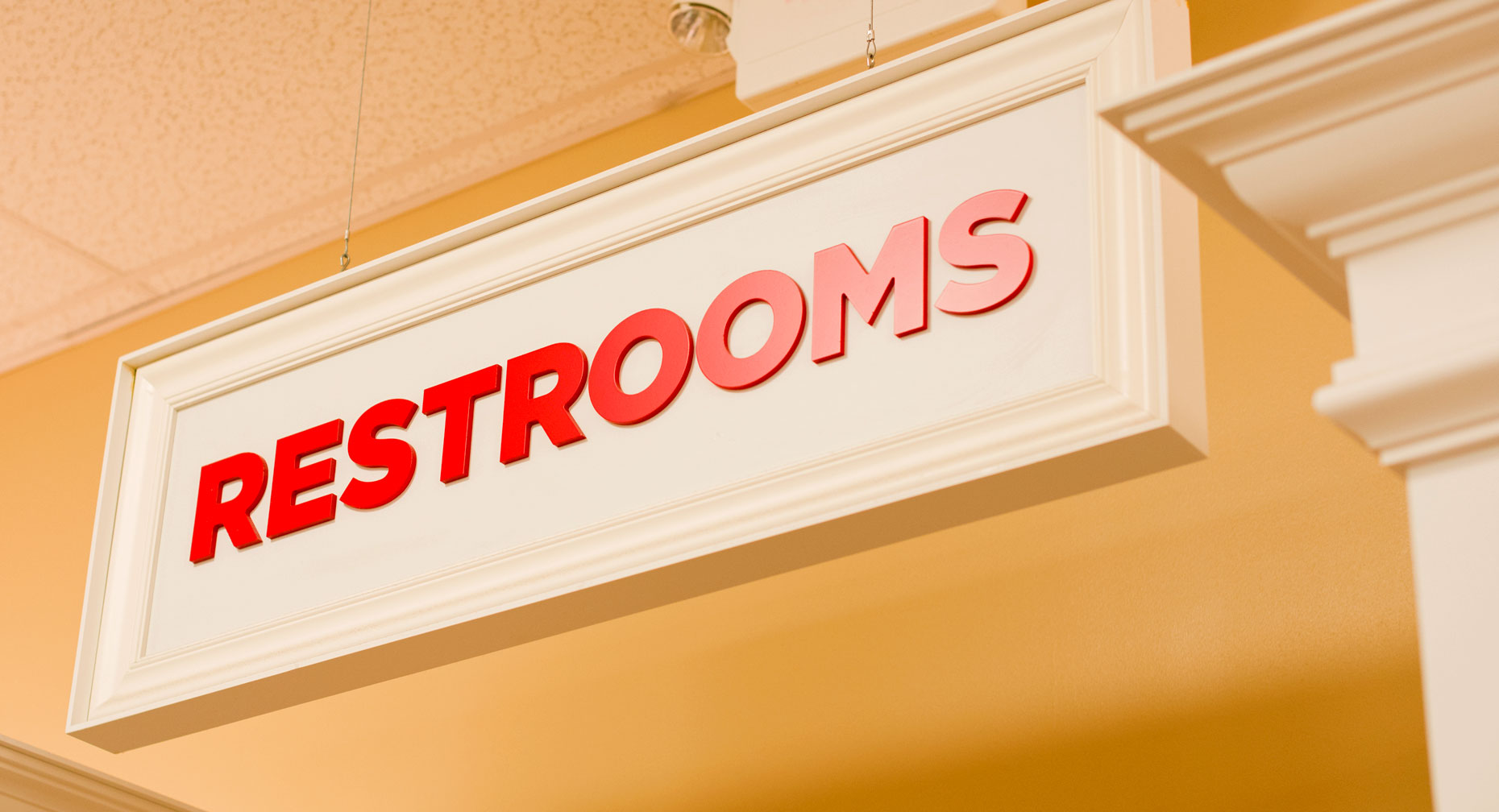
Find Your Perfect Match
Answer a few questions and we'll provide you with a list of primary care providers that best fit your needs.
If any of these statements could be said by you …
- “Nobody has to pee as often — or as urgently — as I do.”
- “When I urinate, the pain in my bladder goes away — but it comes back.”
- “Having sex can hurt.”
- “I often have pain in my genitals or anus.”
- “My symptoms get worse during my period.”
… you may have a painful bladder condition called interstitial cystitis (IC). IC is a chronic (ongoing, no cure) condition that makes your bladder wall tender and easily irritated.
IC is a chronic (ongoing, no cure) condition that makes your bladder wall tender and easily irritated.
Why Does a Woman Get Interstitial Cystitis (IC)?
Possible causes include:
- Damage to the protective bladder lining, allowing urine to irritate your bladder wall
- Infection of your bladder
- An allergic reaction in your bladder
- Nerve problems
- Substances found in your urine
How Do I Know if I Have IC?
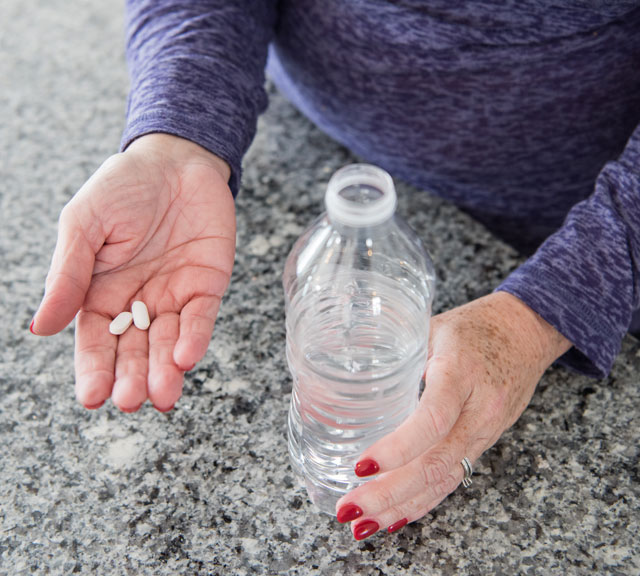
If your symptoms have persisted for more than six weeks, you may want to ask your healthcare provider to determine if you have IC. He or she will ask about symptoms, do a physical exam and order lab tests to rule out other conditions to see if IC is a possibility. More complicated cases may require additional diagnostic testing.
Unfortunately, IC has no single known effective treatment — but a combination of treatments may help you.
- Pain medications to ease discomfort
- Antispasmodic medications to relax the bladder muscles and decrease the need to urinate
- Nonsteroidal anti-inflammatory drugs (NSAIDs) to reduce inflammation and ease pain
- Antihistamines to reduce inflammation and ease pain
- Antidepressants, in low doses, to block pain and help ease symptoms
- Pentosan polysulfate sodium (Elmiron) and similar medications to restore the bladder lining
- Bladder instillation: Medication is flushed directly into the bladder using a catheter
- Biofeedback: Sensors placed on your abdomen may help you control your bladder muscles and reduce symptoms
- Electrical stimulation (also known as TENS): Electrical signals that help block nerve sensations and improve blood flow and strengthen pelvic muscles.
- Medications: To desensitize irritated nerve endings, your doctor may prescribe medications such as gabapentin or amitriptyline.
- Surgery: Considered for severe cases
- Avoiding foods that worsen symptoms, such as alcohol, spicy food, chocolate and caffeine
- Bladder retraining: Holding urine for longer and longer periods to stretch the bladder
- Stress management and exercise: To help manage the stress caused by having IC
Find Your Perfect Match
Answer a few questions and we'll provide you with a list of primary care providers that best fit your needs.
Source: Interstitial Cystitis Association; Urology Care Foundation; National Institutes of Health


